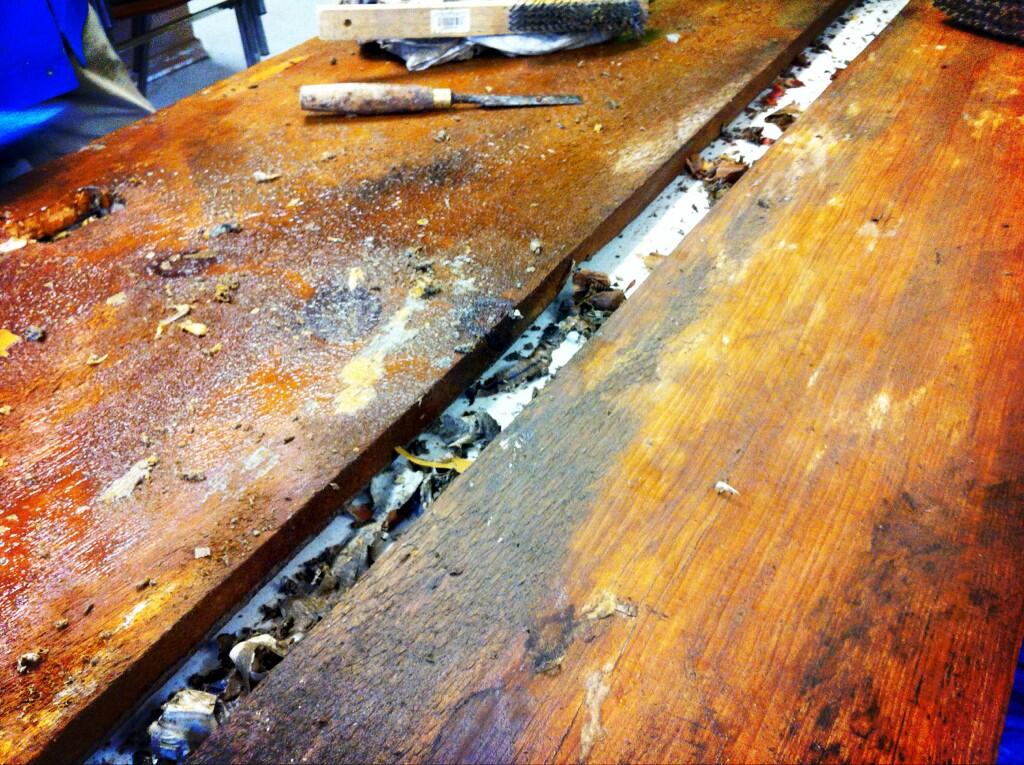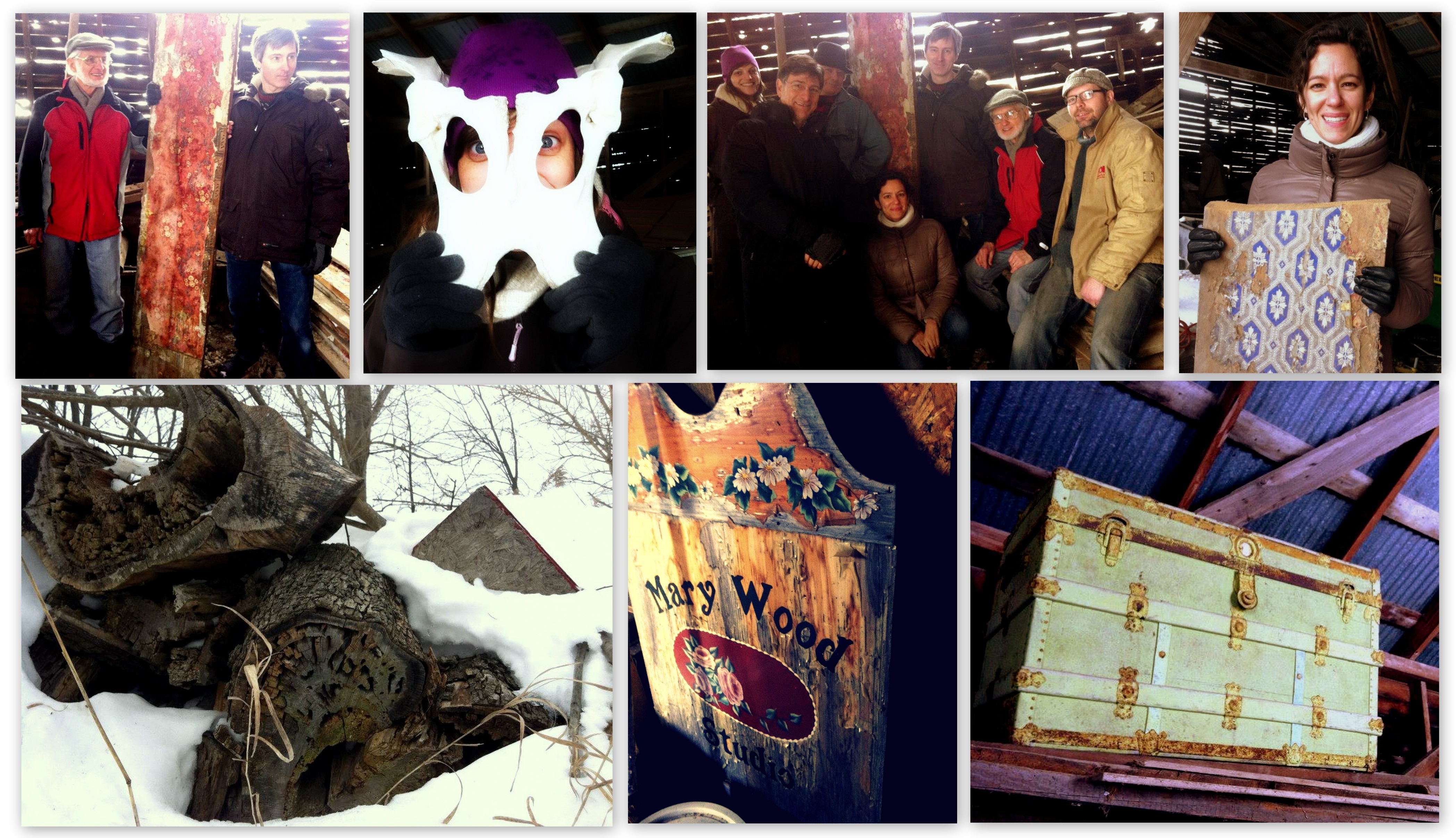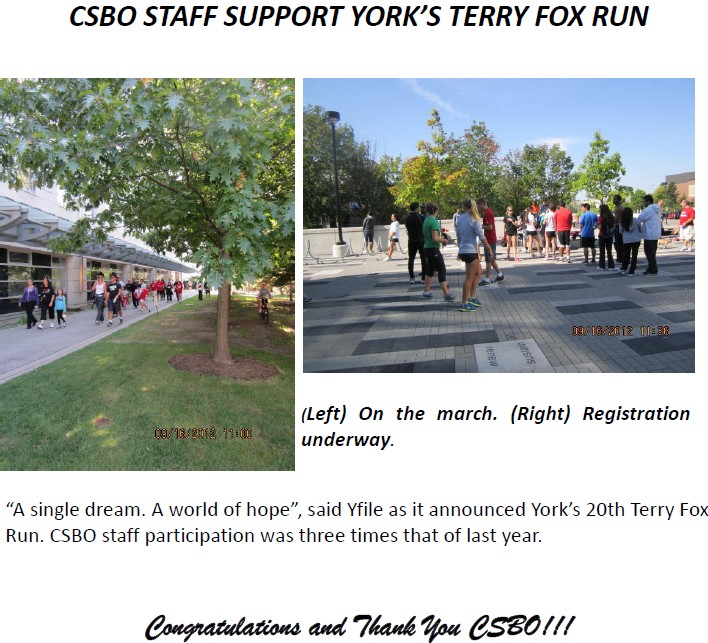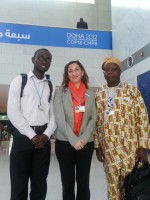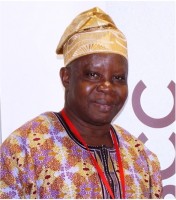2013 is going to be an exciting year! Especially if you agree with these statements…
· The UN climate change negotiation process is flawed and flailing.
· People power for climate action is sweeping the world.
· An urgent transition to the renewable energy revolution is vital.
· Forests are fundamental for our future
· Youth have the power to inspire and provoke both citizens and politicians.
· Climate action = climate justice.
· WE ARE ALL DECISION MAKERS.
Would you support a documentary film that highlights these concepts?
You can! Today! In fact, we URGENTLY need your help.
We are a small, independent production company based in Australia and we have an exciting film ready to be edited and released in 2013.
2 Degrees features rainforests, the UN process, a campaign for solar thermal power and the voice of Youth.
We are wanting to build a community of supporters around the project and it would be great if your organisation would consider joining us. We need to spread the word quickly about our current crowd funding campaign and also start to forge relationships with groups who would like to be involved with screenings and associated events.
There are now just 21 days left on our crowd funding campaign. PLEASE support us if you can.
DONATE HERE at Indiegogo.com/2degreesmovie
and importantly, please forward this email on to others…
We wish to partner with groups around the world in order to start preparing for the launch of the film. You can help to start to build our prospective audience, and we can help you with a tool to bring more people into your organization via screenings. We want to be able to direct our followers to action groups on the ground all over the world, and we also need help to set up screenings where groups can give presentations about their projects, have stalls and sell resources. We’ll be offering arrangements whereby you will be able to raise money from selling our DVDs or hosting screenings.
Please support us by :
1. Donating to the film if you can – if 2000 people donate $100 we’ve reached our goal!
2. Forwarding this email to your contacts or sharing with members of your organization via a blog or newsletter. We can provide text for ‘guest blogs’
3. Connecting with us on Facebook or Twitter – simply search 2 Degrees Movie
4. Endorsing our film – reciprocal links/logos on websites
As an active participant in the climate arena you will appreciate the importance of facilitating the general public’s understanding of climate issues, such as those mentioned above.
2 Degrees has been in the making since 2009. Driven by an experienced, dedicated team of film makers, 2 Degrees will help provoke climate dialogue, provide inspiration and help to show a pathway to a future where, as a species, we live in balance with our planet and with each other.
The film will foster understanding about the urgency of the situation not with facts and figures or scaremongering, but with compelling stories of people determined to make a difference for reasons of justice, health and for our children. In 2013, as momentum builds for mass change to the way we humans are managing our existence, 2 Degrees has the potential to be an exciting and powerful catalyst for action.
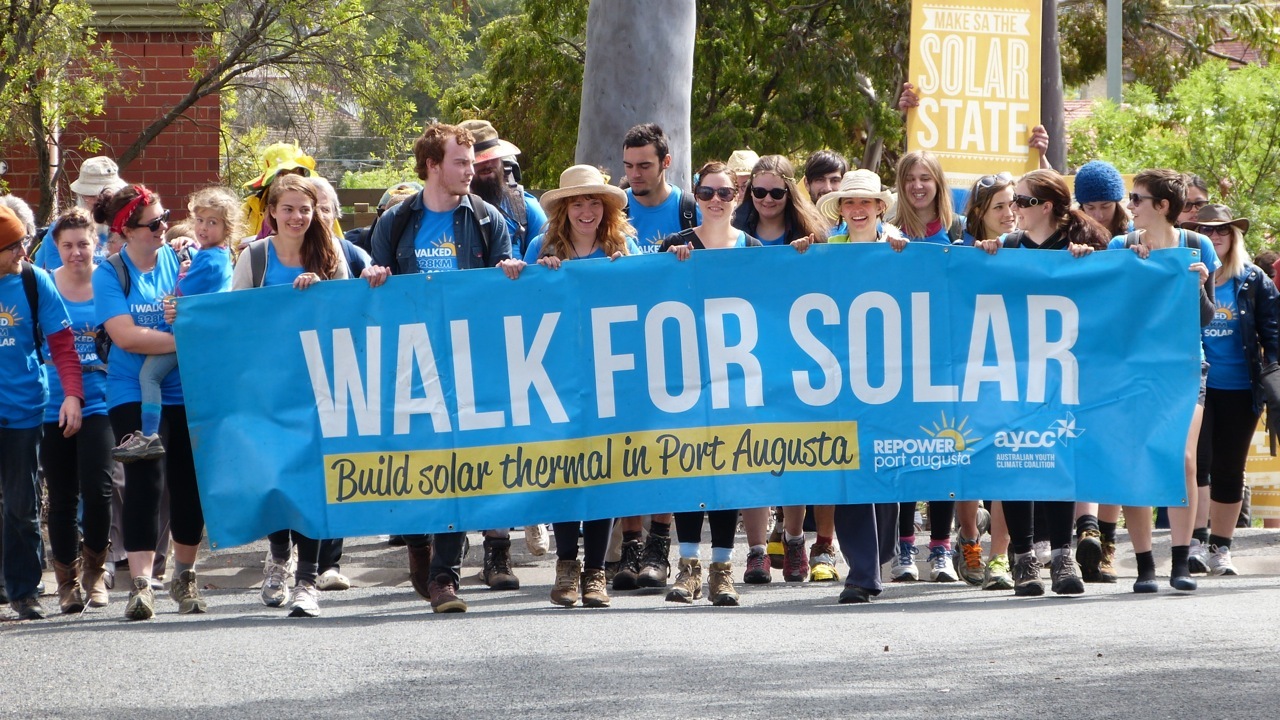
Why Climate Justice? The stories revealed in the film are driven by strong, committed characters working hard to fuel new ideas for the benefit of both local communities and the Earth’s ecosystems. Kevin Conrad leads the Coalition for Rainforest Nations through the high level multilateral UN maze in their bid to gain compensation for the poorest peoples on Earth so that they may keep their precious tropical rainforests intact.
Joy Baluch, Australia’s longest serving woman mayor represents a town which suffers universally from terrible respiratory health problems due to years of living in the shadow of coal-fired power stations. She fights for solar thermal technology to be introduced whilst also struggling for her life. At 80, cancer has its grip on her.
The stories are interwoven with poignant commentary from inspired voices such as scientist Kevin Anderson, journalist George Monbiot, political commentator Clive Hamilton and charismatic youth leader, 12 year old Xiuhtezcatl Martinez.
Find out more about the film and watch clips at our website
www.2degreesmovie.com
The film industry, like many, is really struggling right now but somehow all those dull, high budget reality TV shows and action films still seem to hit our screens. What we’re missing is these intelligent and thought provoking stories that actually relate to things that really matter…like our collective survival!
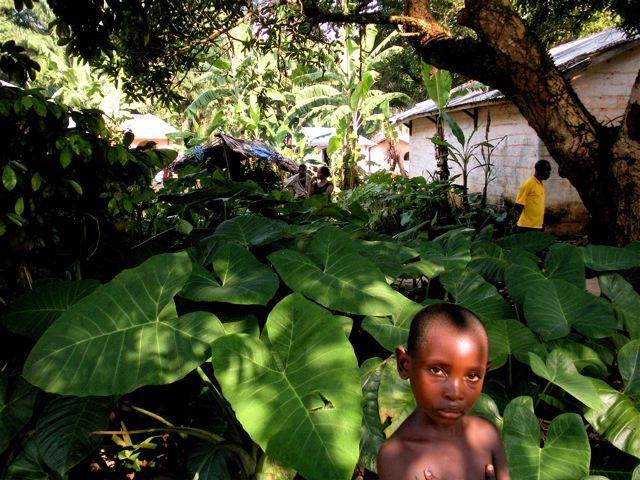
We are currently looking for volunteer production assistants on this project. If you have time to help us over the next 2-4 weeks, or longer term, please contact me immediately.
If you would like to be kept in the loop about 2 Degrees, hosting screenings etc please fill out the form on our website. Or please feel free to contact me by email to explore how we can help each other.
I sincerely hope you can join our support crew! Thanks for ANY support you can give us.
Warm regards
Ange Palmer
Co Producer
Green Turtle Films
P.O.Box 301
Clunes
Australia 2480


